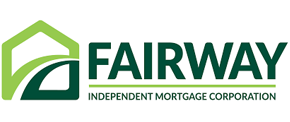There are a number of myths and opinions out there about reverse mortgage loans today, but they really are just cashflow. Read this article to learn why.
What is a reverse mortgage loan and how does it work? Read this article to help decide if one the right choice for you, a loved one or a client.
In this article, we’ll cover what a HECM reverse mortgage loan is, the typical upfront and ongoing costs and whether those costs are worth it for you.
Reverse mortgage loans apply to many legal scenarios, but for lawyers involved in silver divorces, the reverse mortgage could be just the tool you need for your clients’ success.
Reverse mortgage loans can be powerful tools for people in a variety of situations. But are they right for you? See the reverse mortgage pros and cons.
Claudette sees the Home Equity Conversion Mortgage (HECM) loan as a significant bonus for retirees and greatly appreciates the peace of mind and financial control it provides.
For most homeowners aged 62 and older, home equity represents the largest portion of their overall net wealth. Three common home-equity-release loans available today for senior homeowners are the Home Equity Line of Credit (HELOC), Home Equity Loan (HEL), and the Home Equity Conversion Mortgage (HECM).
When inflation outpaced Jeff’s social security and pension, he used a reverse mortgage loan to free up cash, pay off debt and treat himself.
There are many older-adult homeowners who would like to downsize, upsize, or right-size into their dream home, but stay on the sidelines due to the challenging real estate landscape. Luckily, there’s a way for many seniors to purchase a new home that greatly increases their buying power.

